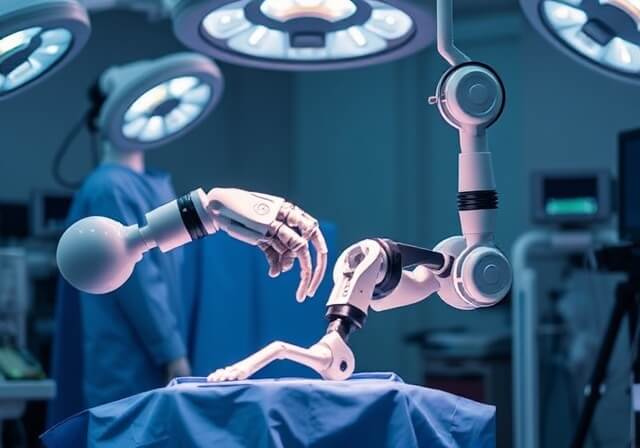Sustainable Engineering: How Robotics Create Eco-friendly Production?
Sustainable manufacturing drives new industrial production strategies by focusing solely on minimum waste, reusable materials, zero carbon discharge, eco-friendly practices, conserving energy, and using natural resources within a specific limit.
Environment-friendly production is now standard throughout the world. This is all because robotics manufacturing enables more sustainable and environment-friendly production methods.
Energy-Efficient Methods: Transforming Culture in Manufacturing
Energy consumption is a supreme concern for manufacturers. Robotics are vital in transforming industry by reducing energy consumption, providing sustainability, and optimizing energy use.
Advanced technology equipped robots with adaptive sensors that adjust their energy consumption and time according to the desired task.
Robots operate continuously and tirelessly in advanced environments and factories, saving time and money. For example, robots use real-time data to manage. As a result, they only consume the energy needed to perform the task.
Minimum waste because of robotics
Robots are masters of producing minimum waste, an essential component of sustainable manufacturing. They are also experts at handling materials with exact accuracy.
It reduces time and minimizes waste production during manufacturing. Moreover, they are capable of using recycled and reusable products. It contributes to eco-friendly practices.
Automation and electronics industry robots measure and cut with pinpoint accuracy, contributing to zero waste. Advanced robots are capable of creating differences between different types of garbage. It reduces landfills and promotes a green environment.
Resource conservation
Accuracy and precision are two of robotics’ hallmarks. Robots ensure that they use every resource efficiently. They help conserve raw materials and produce minimal waste for the environment during production.
For instance, robots working in 3D printing (additive manufacturing) can create complex products with minimal raw materials. Their ability to work consistently, continuously, and repeatedly accelerates production and aligns with environmental challenges.
Robots promoting circular economy
Robots are experts in using recycled materials and producing reusable products, which promotes a circular economy. For example, they can separate reusable components from damaged or dismantled electronic devices.
We can integrate these components into new devices while manufacturing. Robotics also enhances the supply chain. This is all because data analytics promotes a healthy and green environment.
Robots are the green future for our society
Green technologies like solar plants, panels, and biogas plants are produced using robotics. Robots can handle fragile materials with exceptional care. By opting for production and manufacturing with robotics, we will conserve energy, reduce waste, and reshape the production line by enhancing product reusability.
Choose your career with robotics
The transformation of robotics and industries offers an array of jobs and career opportunities for tech enthusiasts. Different platforms like Robotics Career provide jobs and careers in this vast field. Just click on the link above and create your profile. This profile will help you connect with people interested in robotics and tech.
Robots contribute to a sustainable, eco-friendly, greener, and resource-efficient environment. Industries worldwide are taking significant steps to transform themselves, helping to create a cleaner, safer, and greener world.
Read More: Nanotechnology is revolutionizing mechatronic devices






